500 Most Common English Words
This list of 500 common words in English is a good place for beginners to start learning the foundation of the language or for advanced students to really test themselves.
Vocabulary is the foundation of language. Without the words, you can’t make the sentences. Many students get overwhelmed at the thought of learning ‘all of those words’. Everybody learns differently, so you need to figure out what is best for you! If you are an organized, laid-out-plan type of person, this list of the 500 most common words in English is a good place for you to start. Do you prefer more of a random style of learning? This list will be great for you as well.
- Come up with a plan of attack: I’ve grouped the words into clumps so that it is easier to identify small groups of 10 words instead of looking at a list of 500 words. Decide on a number that you want to focus on per day/per week. 3 a day seems to be a popular number with students or 15 a week if you have less time to spend on it. You decide what works for you best. If you miss a day it is not the end of the world, pick up where you left off.
- Make paper note cards
- Make electronic flash cards (Quizlet & Anki are both popular)
- Use a whiteboard
- Have a notebook with the words ANDthe words used in sentences
- Random sampling: Save this list and each day just point to a word and use it in a sentence. Do not just say it in your mind and tell yourself, ‘Cool, I know this word’. WRITE IT DOWN or record yourself saying it.
500-most-common-english-words.pdf
Pronunciation
Now that you KNOW the words, it time to pronounce them correctly! Have a look at this link here > Pronunciation in English: 500 Common Words
As you look at the words, click on VIDEO in each column to watch video lessons on the sounds and word lists. Soon you will be pronouncing 500 common words according to American English pronunciation. Plus, you will feel confident about American English sounds.
Practice
Practice makes perfect! You have to use the words in order to really KNOW them. Practice speaking with a native speaker and in no time, you will feel comfortable and confident with your English speaking>> SkypEnglish4U Online Sessions
Plan of attack (noun) ideas or actions intended to deal with a problem or situation

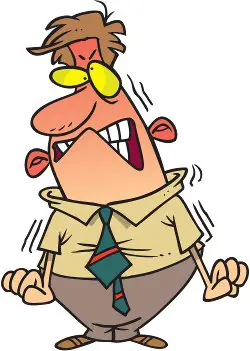
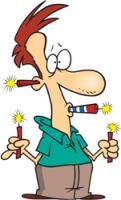
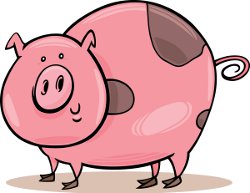

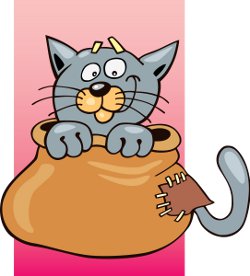
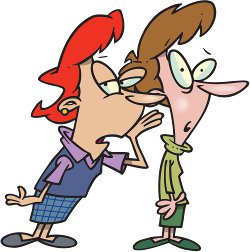
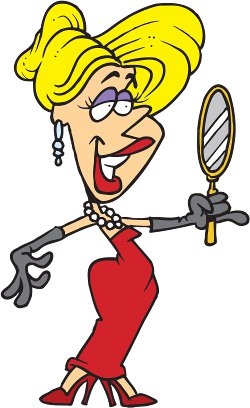
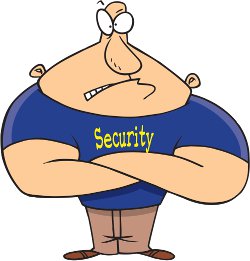
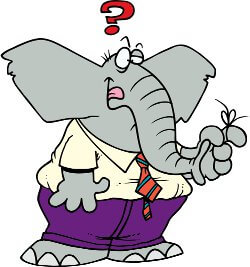
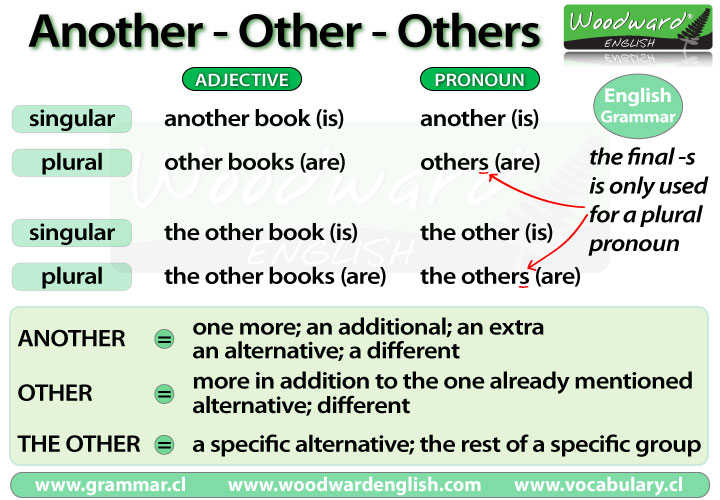
 Hi, hello.
Hi, hello.